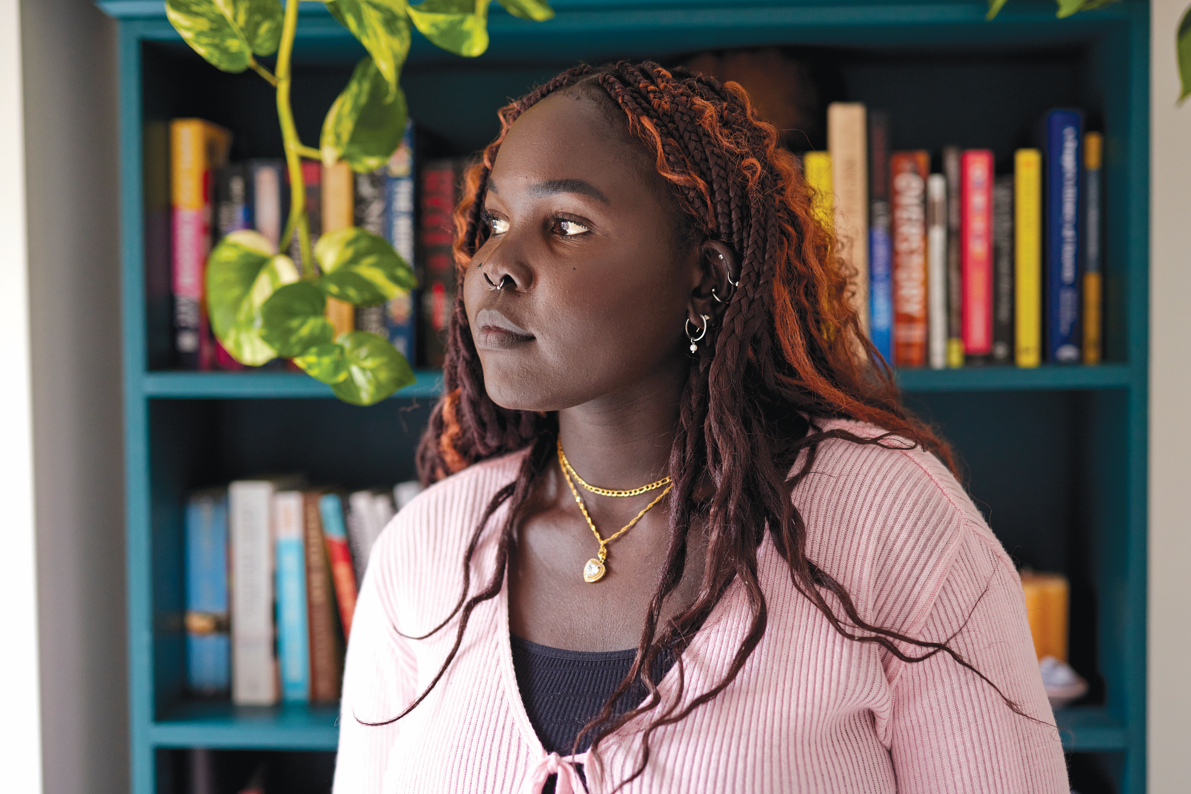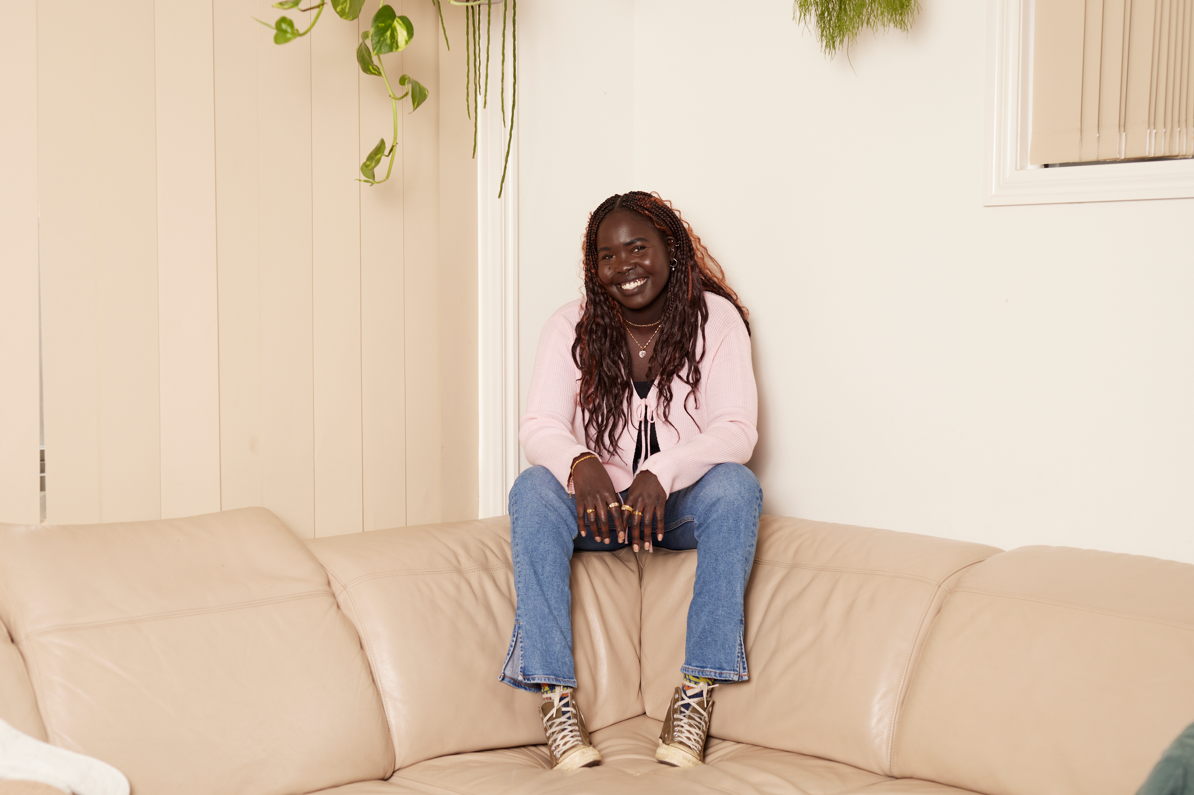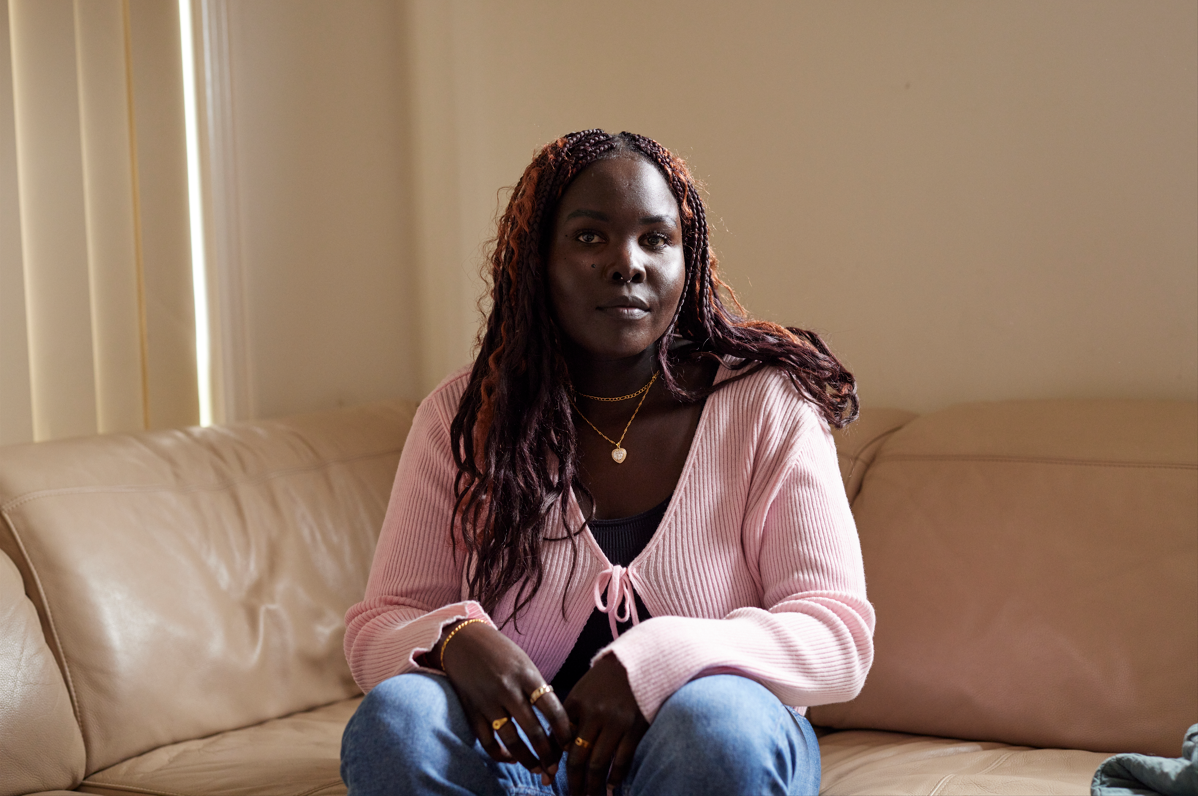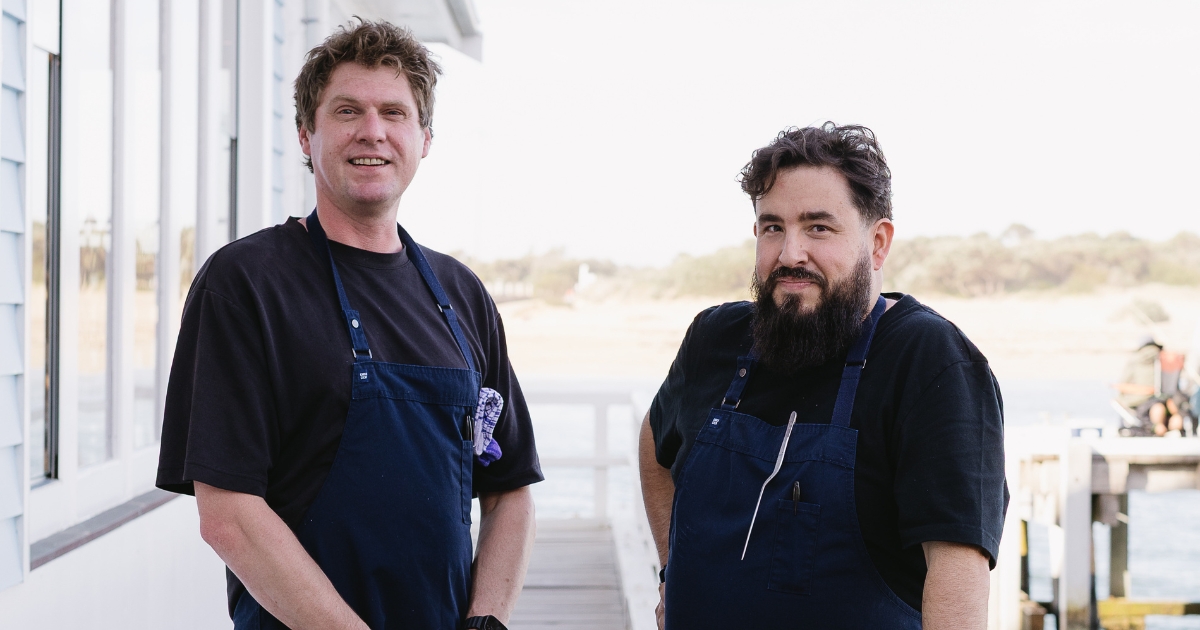A voice for the voiceless

Kgshak Akec's debut novel, Hopeless Kingdom, mirrors her own experience of migration from Sudan to Geelong. Photo: FACEBOOK/UWA PUBLISHING
Kgshak Akec’s life has changed seemingly overnight.
Earlier this year, the Lara local’s debut novel, Hopeless Kingdom, was shortlisted for the Miles Franklin Award.
The prize is Australia’s most prestigious literary award and previous winners include some of the country’s best-known authors, including Tim Winton, David Malouf and Peter Carey.
The accolade has catapulted her into a spotlight that has since taken on a life of its own.
“I’ve always been a writer, but I could never allow myself to believe that it was something that would be achievable,” Akec said.
“It didn’t feel like there was space for stories like Hopeless Kingdom to emerge and it’s just amazing to, as young as 26, be living the dreams that I thought were impossible.”
With many autobiographical elements weaved into the story, Hopeless Kingdom mirrors Akec’s own journey of migration from Sudan to Egypt, Egypt to Sydney, and from Sydney to Geelong.
The story is told through the interchanging voices of the characters of Akita and her mother, Teresai, and tackles sexuality, identity and intergenerational trauma along with other complex themes.
“You see how they journey through Australia and how each of them takes in, and reacts to, and is shaped by, the growing world around them,” she said.

Much of the novel is based in Geelong and is inspired by Akec’s own relationship with place, the challenge of putting down roots in an adopted home and the evolution of her appreciation for the region.
But Geelong’s initial lack of cultural diversity, and the stigma attached to the areas in which she resided, created difficulties in her early years.
“There was a lot of shame in coming from [Corio and Norlane] because it doesn’t have a great reputation and so once I grew up and grew out of that, there was a sense of pride,” she said.
“I was proud to live in Norlane. I was proud to have grown up in Corio, and I saw the beauty in coming from those really rough areas.”
This often-unseen beauty is something Akec wanted to illustrate in Hopeless Kingdom.
“Yes, there were bad things that would happen, but I thought it was really important to highlight the good that comes from Corio and Norlane.
“The good people, the great places, the sense of community that is alive there.”

As the buzz around Hopeless Kingdom grows, the coming-of-age story continues to find new and varied readers.
“I think Hopeless Kingdom touches on so many aspects of everyday life in Australia as an African, as a migrant, and I think a lot of people who are reading it, who don’t resonant with those identities can see themselves in Teresai and Akita, which even took me by surprise,” she said.
“Growing up there weren’t many stories like this that spoke to the African Australian experience.
“Our voices in Australian literature or in film or in music and TV are still very new.
“It feels like overnight I’ve gone from a storyteller to someone who is a voice of, and for, many people that weren’t seen prior to this novel.”
It’s a shift that, for Akec, has been complex as she finds herself thrust into the position of role model and spokesperson for a whole community.
“It’s just a privilege to be in that spotlight and I know the power that I have because I was on the other side of that,” she said.
“It’s really important to me to be able to understand my place in it all, understand the responsibility that comes with it and never take fore-granted the blessing that it is.
“There are some days where I wake up and think woah, there’s actually a lot of pressure.”
“With Hopeless Kingdom, you get such an intimate look at the everyday life of what happens amongst Sundanese and African families in Australia…It was like I had this responsibility to paint us in a certain light.”

This concern and sense of responsibility also extended to her family.
“Because it was so deeply personal and it paralleled so many of the things I had gone through, and because I have such a huge family, it wasn’t lost on me that I was telling their story as well,” she said.
“The last thing I wanted to do was overexpose myself, but especially my family because they had no choice in the matter.”
She notes the novel’s inclusion of Akita’s relationship with her older brother who is battling with substance abuse.
It’s a scenario Akec was dealing with in her own life.
While it would have been possible for her to remove this aspect of the story, after seeking the council of her family and publishing team, she ultimately decided against it.
“I felt that if I was going to take it out, what was the whole point in writing the story?”
“I just thought, if other people can feel seen and heard through this book – through Akita, through Taresai, through Santo – it’s worth it, it’s worth the possible backlash that may come and I was prepared for that.
“What I always come back to is honouring the truth of the story and just knowing in myself that if I can carry myself and make someone feel seen and make someone feel heard, even if it isn’t the mass majority of the people I represent, then I’m doing the right thing.”
Hopeless Kingdom is available from all good bookstores.

















